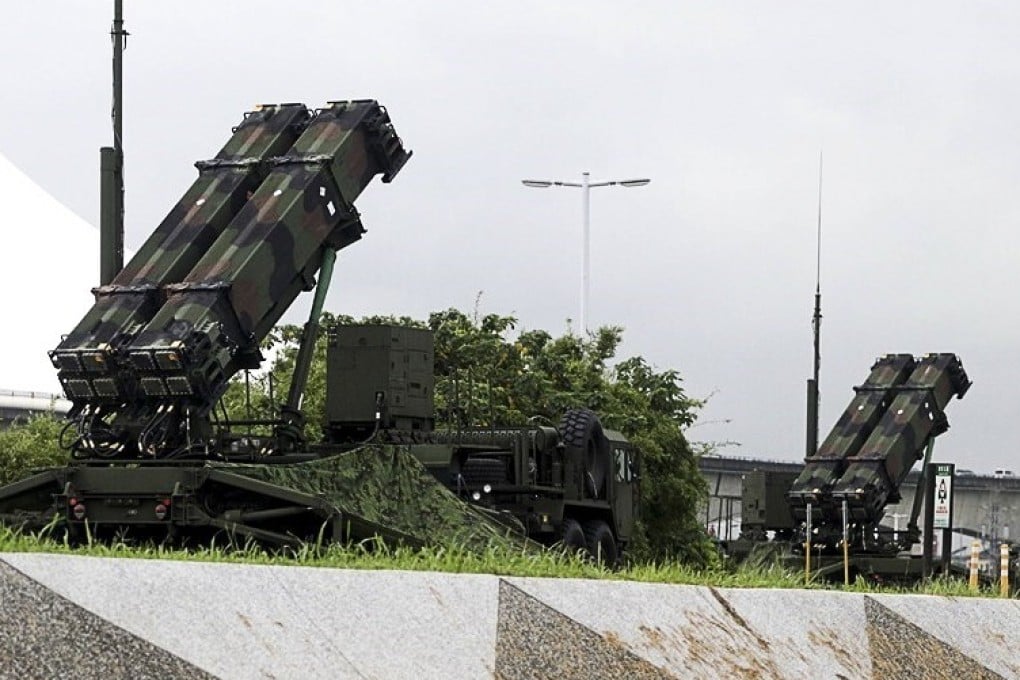Beijing’s sanctions on Lockheed Martin diplomatic but not damaging, observers say
- US arms supplier does almost no business with mainland China so unspecified punishment unlikely to hit its bottom line
- Beijing announces move in response to Washington signing off on sale of US$620 million worth of arms to Taiwan

Following the US state department’s approval last week of a deal to sell US$620 million worth of arms to Taiwan to extend the operational life of its US-supplied Patriot Advanced Capability-3 (PAC-3) missiles, Beijing said on Tuesday it would impose sanctions on the American firm.
“The Chinese side has decided to take the necessary measure by imposing sanctions on Lockheed Martin Corporation, which is the chief contractor in the arms deal,” foreign ministry spokesman Zhao Lijian said.
The sanctions were in line with China’s national interests, he said, without specifying what form they would take, or how and when they would take effect.
Whatever the details, Taiwanese military expert Chi Le-yi said the move would have a minimal impact on the US firm as it rarely sold any weapons to mainland China, which traditionally buys from Russia or makes its own.
“US and mainland Chinese arms specifications are quite different, as are their operational standards, training and maintenance,” he said.